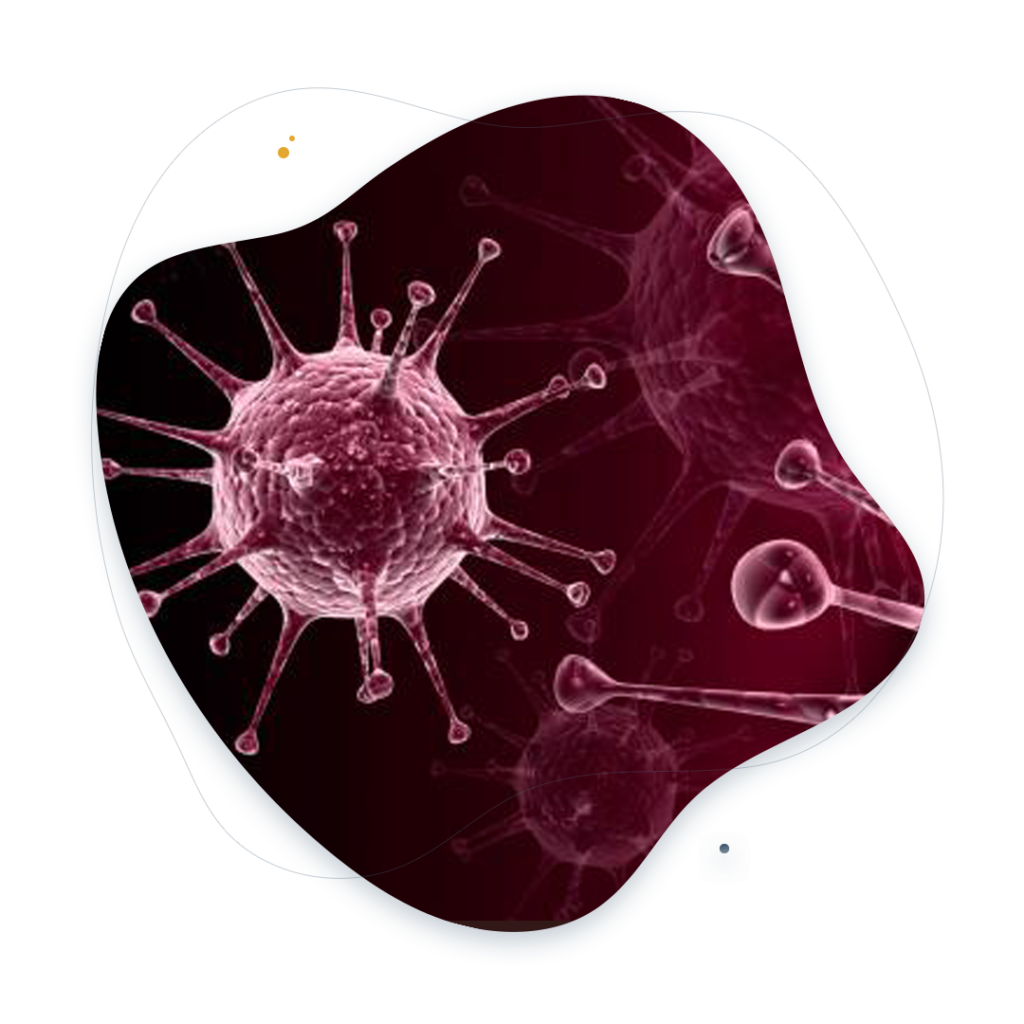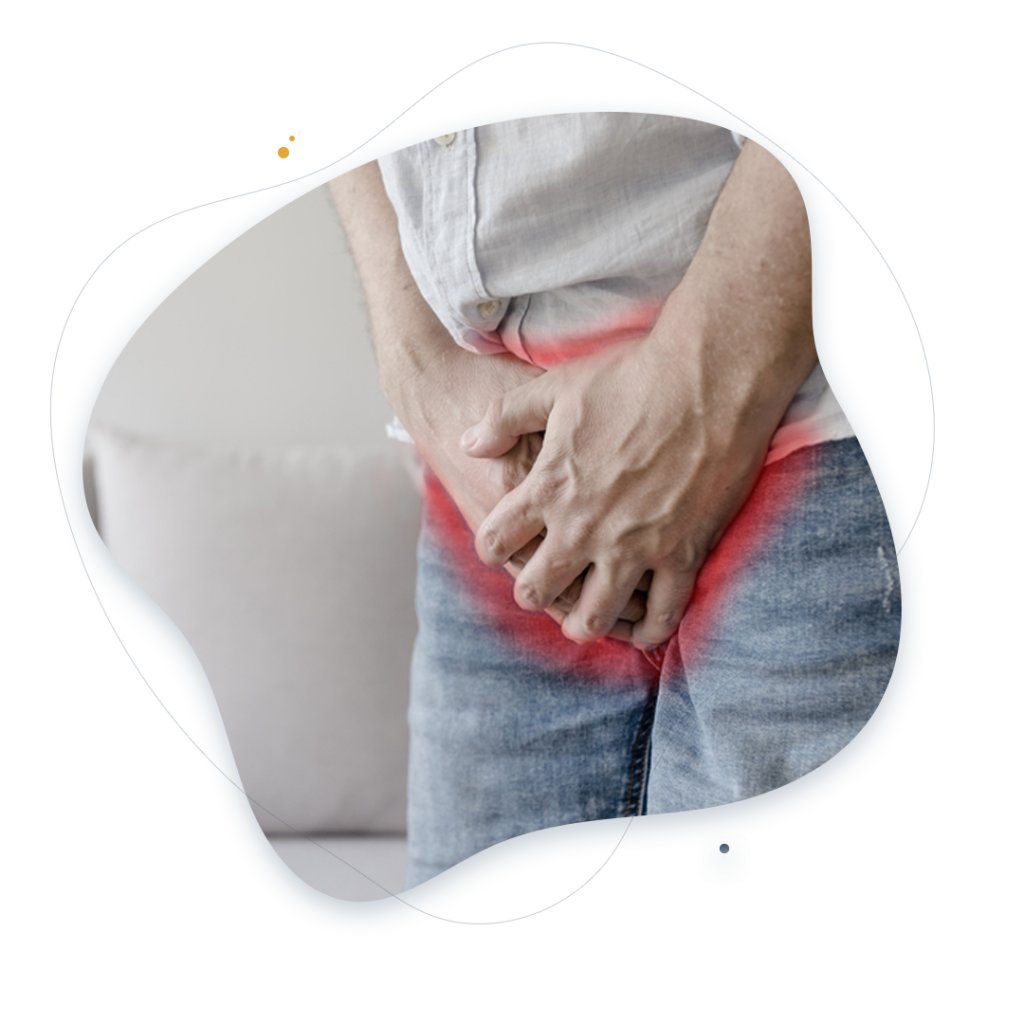Frequent causes
How does the virus work?
Herpes simplex virus type 2 is the causative agent responsible for genital herpes, an infectious and technically incurable disease because the virus can remain dormant for years or even decades.
This virus is part of the herpesviridae family, the same family in which the causative agent of shingles disease (or chickenpox) or cold sores, which affects many people, is found.
How it is trasnmitted?
It is transmitted from person to person by direct infected skin contact, even without the presence of blisters or tissue damage. This occurs during vaginal, anal, or oral sex.
Genital lesions may not develop, but even so, the skin in this area remains a focus of infection.
During a latency period, the virus actively proliferates within the inguinal lymph nodes.
However, it’s in the ulcerous and blistering lesions of the genitals’ skin that the virus is most concentrated.
Body fluids such as saliva, vaginal and seminal secretions, suppurative fluid from genital ampoules and blood may contain and transmit this virus.
Also, a pregnant mother infected with genital herpes can infect her child during labour. This is known as vertical transmission.



Andromedi pertenece a las organizciones médicas más destacadas en el sector de la Uro-Andrología